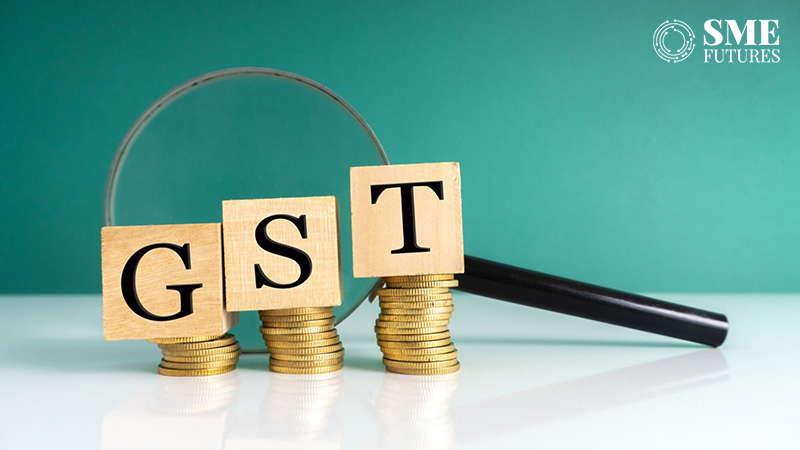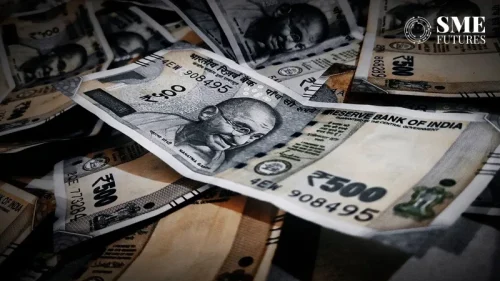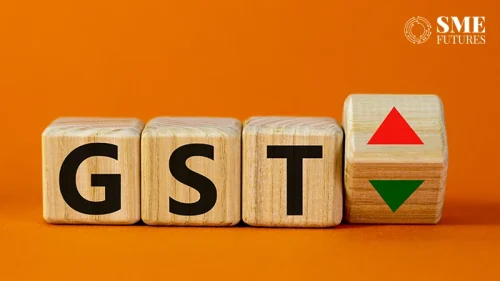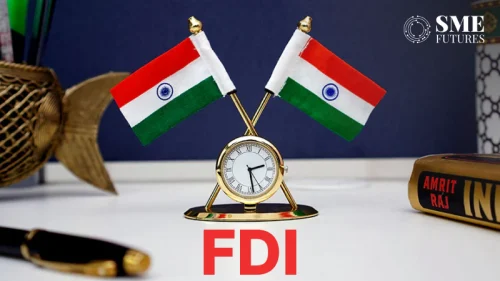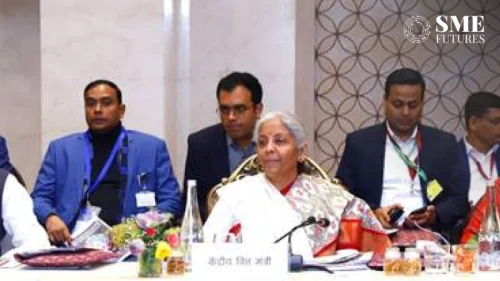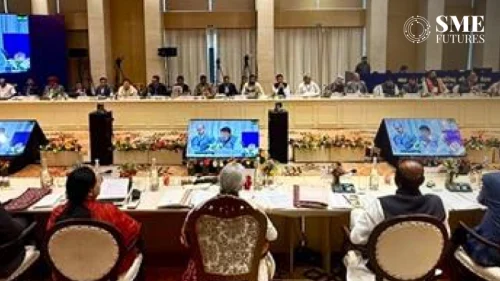It has been six years of GST. So far, it has aided economic integration by creating a common market and eliminating interstate tax barriers. This has encouraged enterprises to expand their operations, allowing easier movement of goods and services across the country. Another facet of GST has been the ever growing revenue that has been going into the government coffers due to it.
In fact, May 2023 witnessed a collection of Rs 157,090 crores of GST revenue, which is 12 per cent higher than the GST revenues in the same month last year, indicating that the number of GST registrations is on the rise.
But this is just one side of the picture.
Ever since the inception of GST, SMEs have been facing some unique challenges. Compliance burdens, complex registration procedures, and technological requirements are a few of them.
However, now there is a new concern among businesses, i.e., dealing with GST registrations.
From the past month (16 May 2023), GST officials have been conducting campaigns to weed out bogus invoicing, but the problem persists, with fraudsters resorting to new techniques to claim input tax credit (ITC) and defraud the exchequer. So far, (at the time of the writing of this report), over 1000 places have been raided pan India and seven people have been detained for further investigation. Also, on June 15th 2023, a 30,000 crore GST evasion scam was unearthed.

According to the guidelines issued by the GST Council, businesses must validate several documents. This includes Aadhaar authentication, bank account validation, clarifications and rulings. Jurisdictional officers will take time-bound action for the verification of suspicious GSTINs. On verification, if an officer finds that a taxpayer is non-existent and fictitious, they will act as per the guidlines and take a decision on the suspenion/cancellation of the GST registration.
Though justified, this drive is hitting microentrepreneurs hard, especially those who use virtual spaces in their business model. Consequently, SMEs fear unfair suspensions and GST cancellations if they were to find themselves in the midst of a legal battle with the authorities.
According to the industry association, India SME Forum, they receive hundreds of phone calls from people who are unsure about what to do. They feel like it is the return of the licence raj.
SMEs plight
The unintended consequences of these raids are beginning to impact the lives of small and micro-entrepreneurs. Honest entrepreneurs, who have dedicated years to building their businesses, now face uncertainty and financial distress.
Shweta, a jewellery business owner from Jaipur expresses, “I run a small e-commerce business, and I have meticulously maintained all my documents and filings. Despite being an honest small business, the GST drive has instilled fear in me. We lack the resources to handle the compliance requirements, and we are afraid of unintentionally incurring penalties that could bring our business to a halt.”
Similarly, another business owner, Surendra Mohan from Delhi, laments, “As an online entrepreneur selling mobile accessories across 5 states, I have been burdened with obtaining separate GST registrations for each state. However, a major hurdle arises when officers insist on in-person meetings at different registration locations. It becomes impossible for me to be physically present in multiple offices simultaneously, and expecting my chartered accountant to be readily available for every officer’s request is equally impractical. To make matters worse, even when we manage to attend these meetings, our licenses are at risk of being cancelled for minor oversights.”
A chartered accountant from Jaipur says, “It’s challenging to justify the need for multiple registrations when the ‘one country, one tax’ principle was emphasised by PM Modi. This contradiction adds to their distress, particularly when they have to register in multiple states with different requirements and compliance procedures.”
For instance, in Haryana, officers demand separate electricity registrations for each entity, even though regulations permit multiple registrations at a single location. This is impractical and inconvenient for small businesses. Moreover, the expectation of immediate availability during inspections is often unfeasible. These obstacles hinder the ease of doing business, especially for small entrepreneurs who lack the resources for tax consultants or lawyers.
Industry body’s reaction
The GST system was adopted in 2017 to streamline the taxation infra and to enhance the ease of doing business. However, industry bodies have their concerns over GST compliance which hinders MSMEs operations. For example, the India SME Forum estimates that an entrepreneur spends 48 days on average out of 228 working days in a year on executing GST compliance, implying 48 days of lost business opportunities. Furthermore, income tax, GST, and other taxation compliances occur at the same time, which puts a strain on business owners who have to do all these filings in the same time frame.
Commenting on this, Sushma Morthania, Director General, India SME Forum says, “We appreciate the effort that GST officials are taking to curb the malicious intentions of any enterprise or institution which is attempting to defraud the system. But we also want them to be sensitive towards the genuine MSMEs while dealing with them and not make unreasonable demands. Ever since the drive has begun, a number of SME owners have come up with exploitation complaints under the guise of GST audits.”
According to industry think tanks, efforts should be directed towards establishing a transparent investigation process and educating tax officers at the grassroots level about the existing provisions, ensuring that the drive achieves its intended purpose.
Vinod Kumar, President, India SME Forum and Trustee and President of FIRST India, suggests, “If not implemented properly, this special drive can cause more harm than good. These aspiring entrepreneurs utilise shared warehouse spaces as their registered addresses and diligently pay taxes generated from their businesses. The government runs the risk of undoing some of the remarkable progress achieved through these raids. Each cancelled license requires significant time for businesses to resume operations, resulting in a loss of competitive edge and creating a capital crunch.”
Radhey Shyam Sharma, Senior Vice President of the Federation of All India Vyapar Mandal, remarks, “While India’s regulations are astutely crafted, they often overlook the backbone of our nation—farmers and small businesses. GST and other laws hinder their growth, discouraging the next generation from entering the trade. While farmers can protest against complex regulations, traders silently endure as they cannot abandon their shops. As an 88-year-old, I have witnessed the destruction of small businesses. Traders receive punishment without reward, haunted by inspectors and officers. Compliance has become a daunting obstacle, deterring new generations.”
The impact of this special drive extends far beyond the confines of business, and its effects are long-term in nature. Many small businesses and enterprises rely solely on the income generated from online sales to support their families, educate their children, and meet their basic needs. Additionally, businesses face the risk of losing the trust of their loyal customers, who may turn to other platforms that remain unaffected by the investigations.

